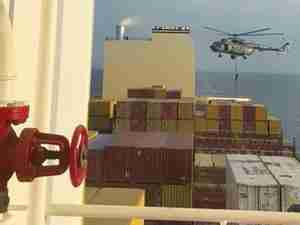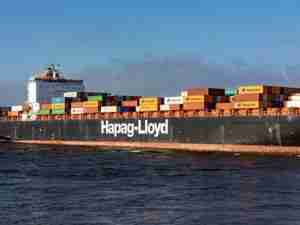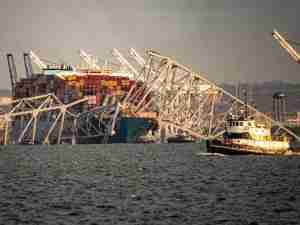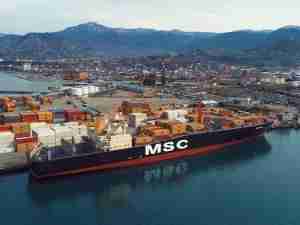'The ports of Los Angeles and Long Beach are the source of imported goods that are sold across the nation,' NRF President and CEO Tracy Mullin said. 'This fee would have amounted to a tax that would have driven up the price of consumer goods for working Americans shopping in retail stores in virtually every state, not just California. This would have been a tax on consumers, not foreign entities. Governor Schwarzenegger did the right thing in vetoing it.'
'Governor Schwarzenegger is correct in his assessment that this bill was laudable in its goals but flawed in its construction,' Mullin said. 'As major shippers and users of California's ports, US retailers support efforts to improve port security, clean up pollution and enhance port infrastructure. This bill, however, would have violated the Commerce Clause of the US Constitution, international law and US treaty obligations, and would have exposed the state of California to court challenges had it become law. Ultimately, it would have driven retailers and other shippers to look for other ports outside the state of California.'
'The California Retailers Association played a vital role in making the impact of this bill clear,' Mullin said. 'The case they made shows what an effective voice they are for the retail industry in California.'
Schwarzenegger announced that he had vetoed SB 927, sponsored by state Senator Alan Lowenthal, D-Long Beach. The measure, which would have cost retailers and other shippers an estimated $500 million a year, would have imposed a $60 tax on each 40-foot container (or the equivalent number of other size containers) moving through the ports of Los Angeles and Long Beach.
LA and Long Beach are the two largest container ports used by retailers to import merchandise from Asia that is then distributed to stores across the nation. The two ports handled a combined 3.6 million 40-foot-equivalent containers last year, according to the Port Tracker report prepared each month by NRF and the economic research, forecasting and analysis firm Global Insight.









